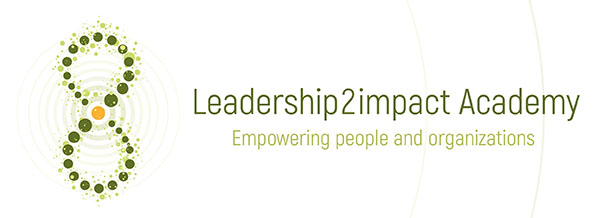‘Listen more then you talk. Nobody learned anything by hearing themselves. [Richard Branson]’
When I first became a manager, I made the same mistake many new managers do: I thought I had to show how good I was. Every meeting felt like an opportunity to prove myself. I spoke too much, too quickly, and often too early.
It took me some time—and some frustration—to learn that this was not the smart way. The smart way is much simpler: listen first, speak last.
That doesn’t mean you stop doing your job or you become passive. It means you make your job easier. Not lazy easier, but effective and efficient easier. The less you interrupt, the more you listen, the clearer the picture becomes. When you do speak, you can be precise because you’ve understood what is really going on.
Stephen Covey wrote about this in The 7 Habits of Highly Effective People. His fifth habit is: Seek first to understand, then to be understood. He called it empathic listening—listening not only to the words, but also to the meaning and feelings behind them. Only after you really understand, do you respond.
I had to practice this myself. For example, I used to get annoyed when people came late. I saw it as disrespectful. If someone was late often, I would even close the door to show I was serious. Looking back, that solved nothing. Sometimes people had very good reasons for being late. What if they stopped to help at a car accident? What if they had a family emergency? I realised that instead of closing the door, I first needed to open my ears. Listening didn’t mean I always agreed, but it allowed me to respond in a fairer way.
And something else happens when you really listen: often you don’t need to solve the problem at all. Your team can do it themselves. If you guide the conversation with questions, people usually come up with the solution on their own. That saves you time, builds their confidence, and prevents conflicts or gossip later.
Of course, listening well isn’t easy. Most of us think ahead, predict what someone is going to say, or drift off in our own thoughts. Real listening takes effort. But there are traditions that can help us learn.
One is the practice of the “talking stick,” used by many Indigenous peoples in North America. In a meeting, only the person holding the stick is allowed to speak. Everyone else has to listen in silence. But here’s the powerful part: when the speaker finishes and passes the stick, the next person must first repeat what they understood from the previous speaker. If it’s not correct, the first speaker can explain again until they feel understood. Only then may the new person share their own view.
This practice slows down the conversation, but it deepens the understanding. It prevents people from talking past each other or reacting too quickly. It builds respect, equality, and real listening.
It reminds me of the Kotla meetings here in Botswana. Everyone has the chance to speak. The chief listens to all the voices and then makes a decision, not from ego or impatience, but from what he has truly heard and understood.
That’s what good managers do. They don’t rush to prove themselves or dominate the room. They put their ego aside, listen deeply, ask for clarity, and speak last. Because when you understand first, what you finally say has far more impact.

